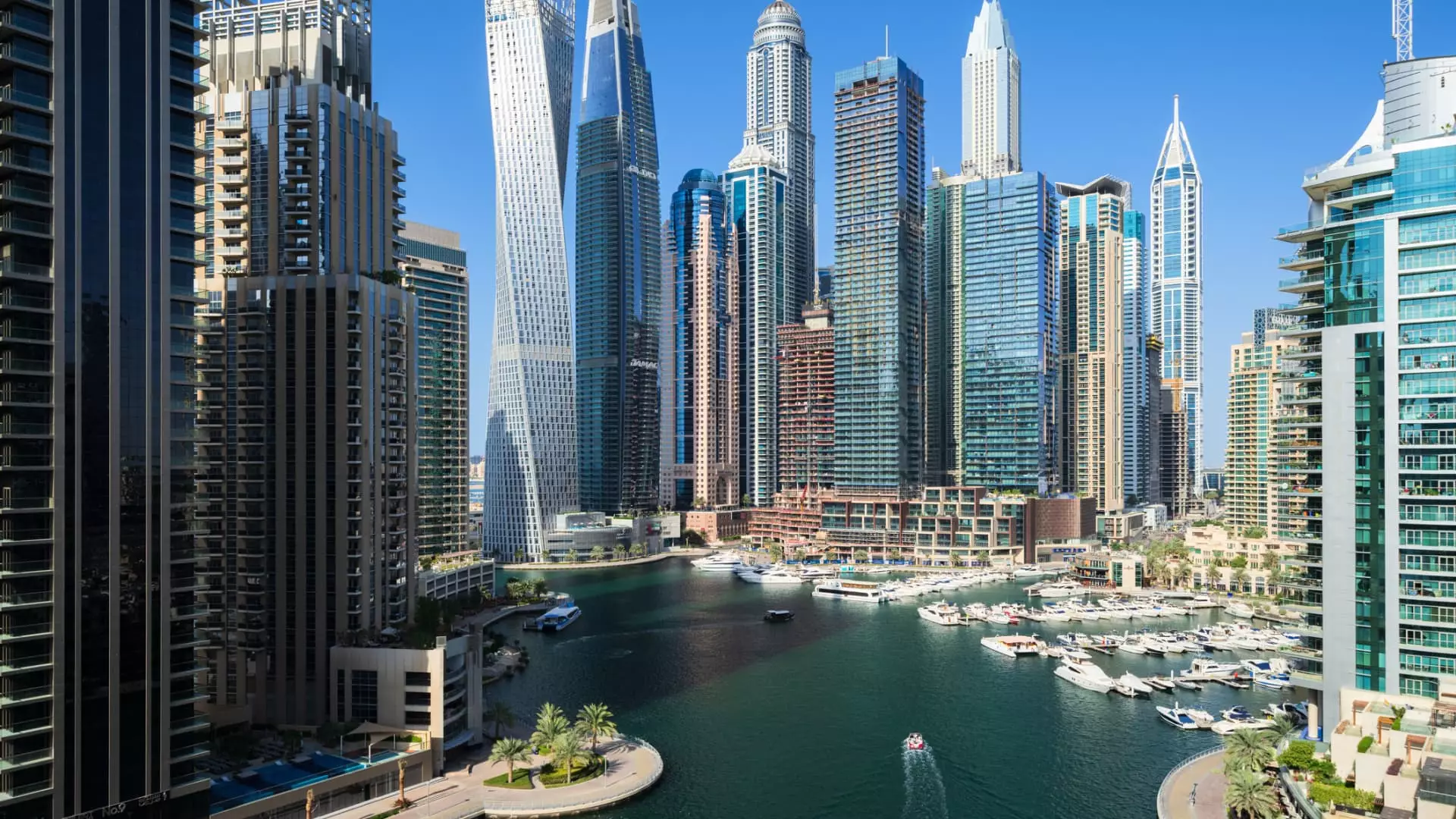Dubai’s real estate market seems to be defying all odds, with property sales and values hitting record-high numbers in 2024. The surge in demand, particularly in the luxury segment, is pushing prices up not just for residential properties but for everything else in the city. This upward trend comes at a time when the United Arab Emirates is poised to retain its position as the world’s top wealth attractor for the third consecutive year. However, as Hussain Sajwani, chairman of Damac, points out, this rapid growth is a double-edged sword.
Sajwani expresses concerns about Dubai becoming an expensive city due to the overwhelming demand driving up prices across various sectors. With an influx of talented individuals and average citizens contributing to the burgeoning demand for real estate, essential services like education are becoming increasingly inaccessible. Sajwani emphasizes the need for the government to find ways to balance this continuous influx of people to prevent inflation from spiraling out of control.
The latest figures from the Dubai property market speak volumes about the escalating demand for real estate in the city. In July 2024, property sales soared to 49.6 billion dirhams, marking a significant 31.63% increase from the same period in the previous year. The first half of 2024 witnessed over 43,000 property transactions valued at approximately AED 122.9 billion, indicating a substantial 30% growth from the previous year. The rapid absorption of new inventory is cited as a key driver of this growth, with around 80% of units launched since 2022 already being sold.
Despite the concerns about rising prices and inflation, Dubai’s allure as a global city remains undeniable. Sajwani underscores the city’s popularity as a preferred destination for individuals across various social strata, from taxi drivers to business tycoons. The post-Covid era has seen Dubai emerge as a hotspot for talent and business opportunities, with the city attracting a diverse pool of residents from around the world. The strategic measures taken by Dubai, such as facilitating tourism, offering visas to remote workers, and promoting entrepreneurship, have further enhanced its global reputation.
Reflecting on Dubai’s past boom-and-bust cycles, particularly the crisis period of 2008-2009, Sajwani expresses confidence in the city’s current stability. He attributes this newfound resilience to the stringent regulations implemented by the Dubai government post the 2008 crisis. These regulations, focused on developers, customers, and zoning, have played a pivotal role in safeguarding the real estate market from potential collapses. Sajwani’s unwavering belief in the robustness of Dubai’s regulatory framework instills a sense of optimism regarding the city’s ability to navigate economic uncertainties successfully.
Dubai’s property market’s relentless growth presents a mix of opportunities and challenges. While the escalating demand underscores the city’s global appeal and economic vitality, concerns surrounding affordability and inflation warrant proactive measures to maintain a sustainable real estate ecosystem. As Dubai continues to attract a diverse pool of talent and investors, a delicate balance between growth and regulation will be pivotal in securing the city’s position as a leading global hub for real estate and commerce.

Leave a Reply